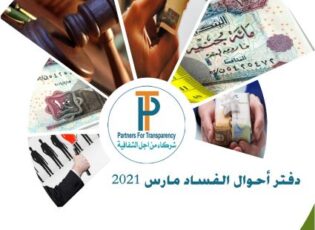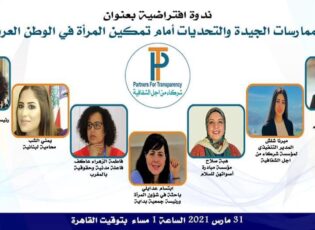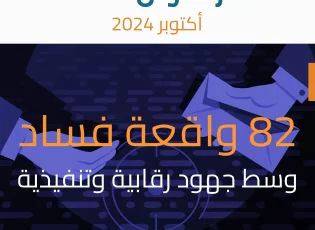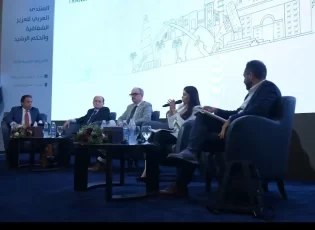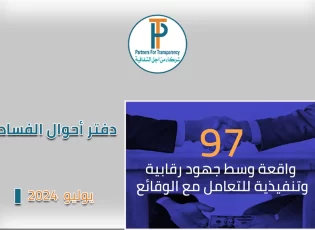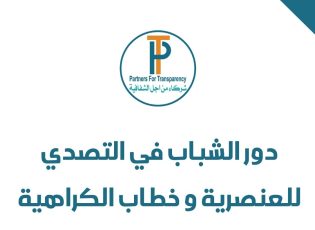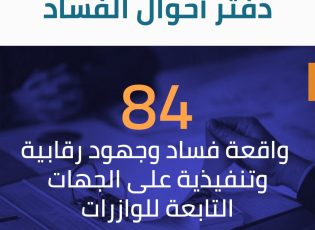Partners for Transparency has released its first semi-annual report on the Integrity and Anti-Corruption Support Index, which is one of the tools developed by Partners to measure the ability of countries and governments to take measures and policies that would undermine and reduce corruption and illegal practices in government and private institutions, focusing on 25 countries in the Middle East and Arab region.
Through the first indicator, "Government effectiveness", which focuses on anti-corruption bodies, strategies and laws, Partners found that more than 50% of States covered in the report need an independent anti-corruption body. It also found that over the same proportion of states need an effective anti-corruption strategy and that the procedures of some States' institutions were incompatible with their legal structure.
In the second indicator, which focuses on the rule of law, the report also indicates, through five levels of action taken by government agencies to deal with corruption, that 34% of cases monitored under this indicator stand at the level of arrest of the accused. In addition, the government dealt with 20% of the incidents either in a weak or negative manner that undermined the rule of law. With regard to the third indicator on Transparency in Administration and Institutions, partners emphasized that despite the existence of laws on circulation of information and access to data, many of these laws are rigid, as well as the need for a large number of countries to update data on open digital platforms.
Commenting on the report, Merna Shalash, the President of Partners for Transparency, stressed that more than 50% of the countries included in the report need to have an effective strategy to combat corruption and promote integrity, thereby supporting citizens' political confidence, leading to effective participation of citizens in public affairs, which would support the achievement of SDGs in their various forms.
In the same context, partners for transparency recommended the Governments of Oman, UAE, Tunisia, Bahrain, Djibouti, Iran, Mauritania, Turkey, Israel, Somalia, Syria, Libya and Sudan provide what is necessary for the establishment of an independent anti-corruption body. Partners also emphasizes the significance of enacting an anti-money-laundering bill in Saudi Arabia, Oman, Syria, Jordan, Yemen, Palestine, Turkey, Comoros, Algeria, Tunisia, Libya, Sudan, and Mauritania. Moreover, Partners call for the adoption of a law that would regulate the protection of whistleblowers and witnesses to corruption incidents, in Bahrain, Qatar, Oman, Syria, Turkey, Iran, Djibouti, Israel, Algeria, Libya, and Somalia.
Short link: https://pfort.org/en/?p=5451


